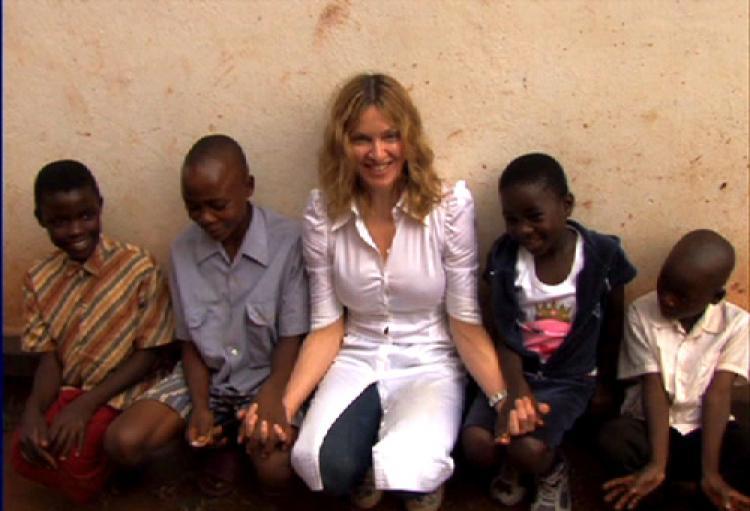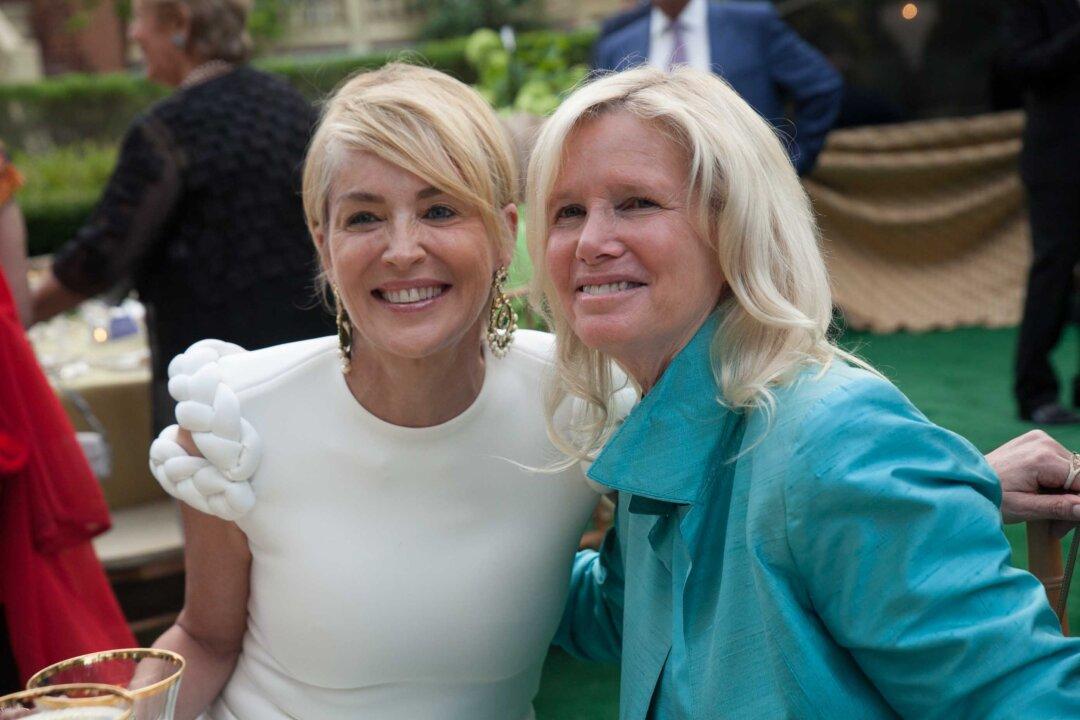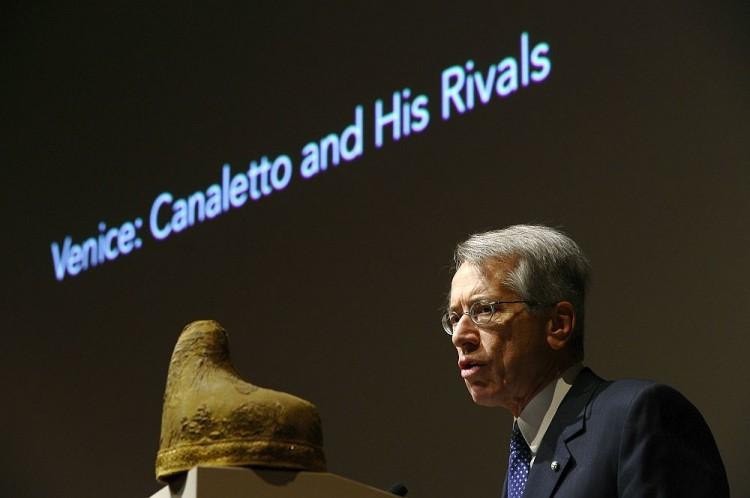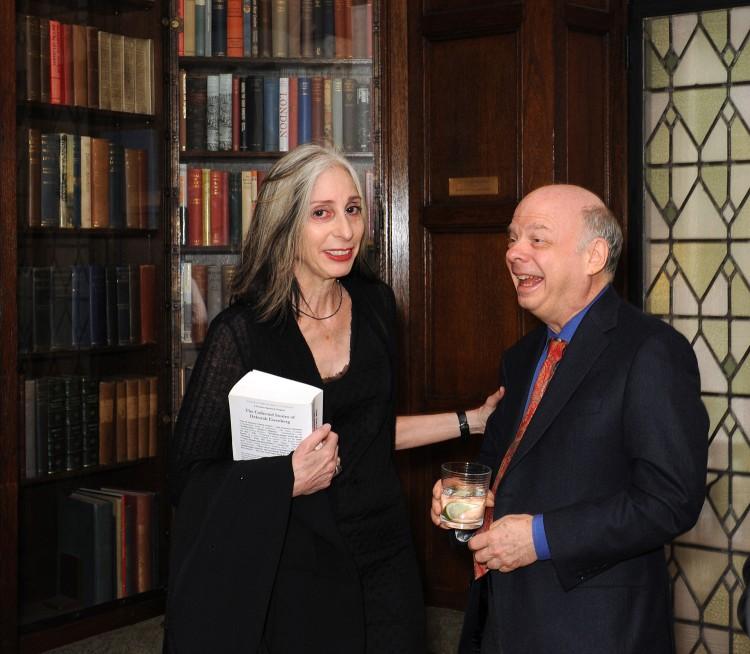SANTA DOMINGO, Dominican Republic—You could cut the energy with a scythe. Jubilant children in sports jerseys and caps bellowed behind the velvet ropes. A throng of baseball champions they idolized, inches away, in the flesh!
Sammy Sosa! David Ortiz! Hanley Ramirez! Pedro Martinez! Robinson Cano! Other ultra-proud Dominicans cheered as their President, Leonel Fernandez and a shoal of international movie stars, directors, and producers walked the red carpet into the National Palace in Santo Domingo for the inaugural screening of “Sugar,” the saga of a young Dominican baseball player who flirts with major league fame in an effort to launch his family from poverty. 1400 invitees attended this fever- pitched event that officially opened the Second Dominican Republic Global Film Festival—(DRGFF) which ran November 19-23.
The Oldest European City in the New World was host to a film festival that had people talking. People who know festivals (Berlin, Sundance, Cannes, Deauville, Toronto, Telluride), now rank this “new kid on the block” as one of their favorite. Over 100 guests from around the globe took part in 17 panel discussions, workshops, master classes, and 36 international feature length film screenings in five D.R. cities. The films targeted political/social issues including war, human rights, rural development, women as agents of change, domestic violence, immigration, and the global water crisis—all illuminated via a personal perspective. “Hollywood with a conscience” one guest described the festival’s thrust.
The cultural extravaganza showcased award- winning films screened at prestigious festivals around the world, many of which have recently premiered in the United States, but had not been released in Latin America. The President of the Dominican Republic, Dr. Leonel Fernandez, explained that his mission as Honorary Chair “is to bring cinema to a broad audience.” Hence the screenings in rural cities other than Santo Domingo, and for audiences of thousands of elementary , high school, and college students.
“The festival seeks to raise awareness and deepen our understanding of global issues through stories that resonate with us as human beings,” President Fernandez emphasized, and agreed that efforts to stimulate domestic economy by bringing film business to the D.R., and support local filmmakers are welcome.
The Mexican Ambassador to the D.R., Enrique Tovar, who held a dinner for festival guests at the Museo de las Casas Reales, endorsed Fernandez' cultural campaign. “This president knows the pulse of this country. Dominicans respect him. He wants to raise the bar, in education and culture. Globalization is not just about money.” In fact the festival’s outreach program has been all inclusive of the less fortunate and disenfranchised.
More than 200 young volunteers, “three dimensional angels”—as one guest described, worked around the clock to finesse the festival, their goodwill and cheer almost palpable. Each guest was assigned a volunteer who functioned as Girl/Guy Friday, translator, transportation-coordinator, escort, (to and from topflight restaurants/wine bars/arts venues/lectures/discos!).
Quipped Patrick Donnelly a Washington, D.C. Ph.D and founder of Nyumbani School in Kenya, “I’ve never been treated so well in my life. The zeitgeist of this country, this community, is unrelentingly loving.”
A sampling of the official selected films:





